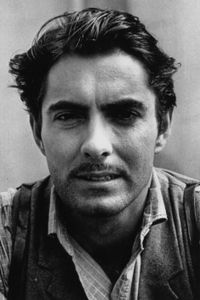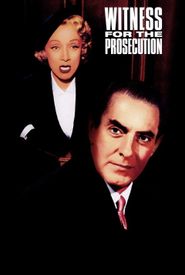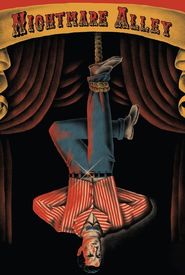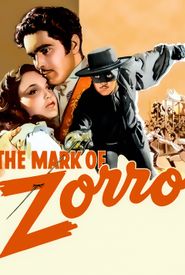Tyrone Power was one of the most renowned romantic swashbuckling stars of the mid-twentieth century, and the third Tyrone Power of four in a distinguished acting dynasty that dated back to the eighteenth century. His great-grandfather, the first Tyrone Power, was a celebrated Irish comedian who lived from 1795 to 1841. Power's father, known to historians as Tyrone Power Sr., but to his contemporaries as either Tyrone Power or Tyrone Power the Younger, was a massive star in the theater, appearing in both classical and modern roles, and later in films. Power's mother, Helen Emma "Patia" (née Reaume),was also a Shakespearean actress, respected dramatic coach, and wife of Tyrone Power Sr.
Tyrone Edmund Power, Jr., also known as Tyrone Power III, was born at his mother's home in Cincinnati, Ohio, in 1914. His ancestry was a rich tapestry of English, Irish, German, French Huguenot, and French-Canadian heritage. As a frail and sickly child, he was taken by his parents to the warmer climate of southern California, where he developed an intense passion for acting. After his parents' divorce, he and his sister Anne Power returned to Cincinnati with their mother, where he attended school and nurtured his acting ambitions. Although raised by his mother, he maintained a correspondence with his father, who encouraged his acting dreams.
Despite being a stunningly handsome young man, Power struggled to find work in Hollywood, initially appearing in a few small roles before moving east to pursue stage work. A screen test led to a contract with 20th Century Fox in 1936, and he rapidly progressed to leading roles. Within a year or so, he had become one of Fox's leading stars, effortlessly playing in both contemporary and period pieces. Most of his roles were colorful without being particularly deep, and his swordplay was more praised than his wordplay. During World War II, he served in the Marine Corps as a transport pilot, seeing action in the Pacific Theater of operations.
Following the war, Power received his best reviews for an atypical part as a downward-spiraling con-man in Nightmare Alley (1947). Although he remained a huge star, much of his postwar work was unremarkable. He continued to excel on stage and began producing films, taking on notable roles in Billy Wilder's Witness for the Prosecution (1957) and Solomon and Sheba (1959). Tragically, he suffered a heart attack during a dueling scene with George Sanders and died before reaching a hospital.
Power's three children, including his namesake, Tyrone William Power IV, known professionally as Tyrone Power Jr., have all followed in his family's acting tradition.


















































































